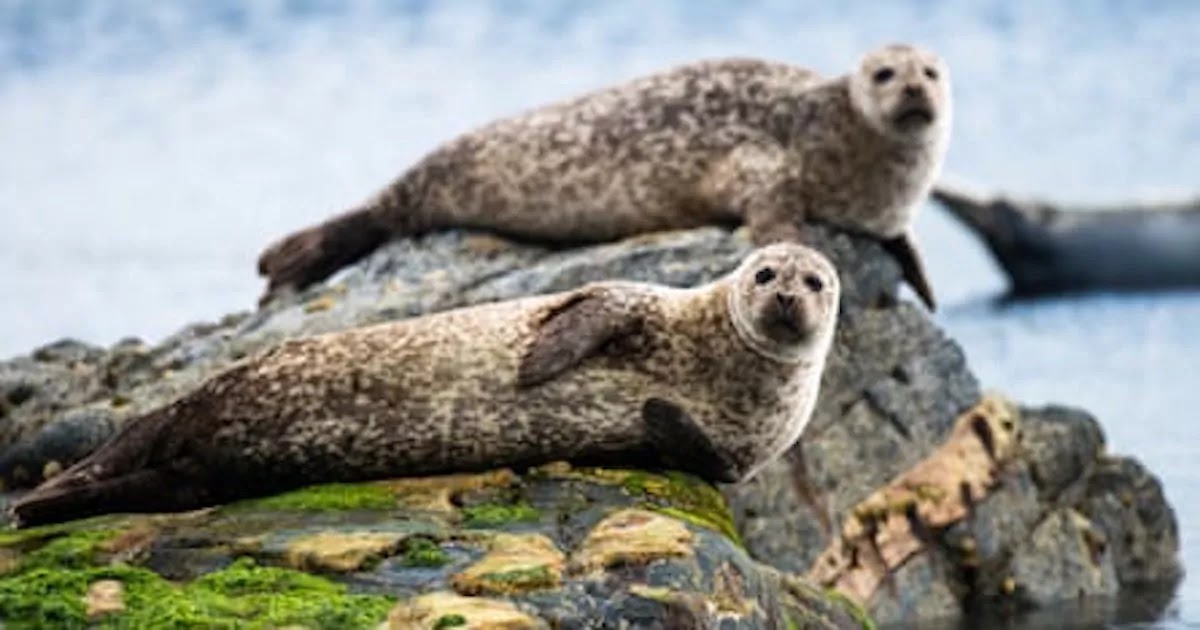
The Scottish parliament has passed legislation ending the legal shooting and killing of seals in the country. The legislation was enacted as an amendment to the The Marine Scotland Act of 2010.
This means that seals can no longer be shot and anyone caught doing so can face up to 5 years in prison and an unlimited fine.
The move comes after a long campaign by the Humane Society International (HSI) branch in Scotland. They say that a very large number of seals are killed each year by fishermen because they eat fish stocks that the fishermen rely upon for their livelihood. It is thought that the new legislation will also allow the fishing industry in Scotland, which is worth hundreds of millions of pounds to the economy, to continue to export fish to the United States. Such trade with the US was threatened as new US law under the Marine Mammal Protection Act (MMPA) bans imports of fish from any country that continues the practice of seal-shooting. Therefore, not only is the Scottish seal-shooting ban good for the seals, but it is also good for the future of fishing in the country.
GREAT NEWS: Scotland bans seal killing in major victory to end fish farm shootings! 👏 https://t.co/FCWbaasP93
— Humane Society International (@HSIGlobal) June 18, 2020
It tis believed that many of the seals shot by fishermen do not die instantly but often end up having slow lingering deaths as a result of gunshot wounds. In some cases, it takes them several days to die.
The Humane Society's spokesperson, Mark Simmonds, said:
"An alarming number of seals are shot and killed in Scottish waters, and there is evidence that some are likely to be injured and die a slow and painful death at sea and may not show up in the official statistics. It's a huge concern and so a ban on seal shooting in Scotland is critically important for seal welfare in British waters. We share our seas with these charismatic marine mammals, and it is simply unacceptable to kill them for eating the fish in their ocean home."
The United Kingdom is home to around 120,000 grey seals, which makes up around 40% of the global population of grey seals, and 95% of the EU population. These peaceful creatures eat a diet of fish and crustaceans, breeding and raising their young on the shores. Humans are not the only danger they face. The seals make up a large part of the diet of orcas, also known as killer-whales, and some breeds of shark, who also live in the waters off Scotland.














COMMENTS